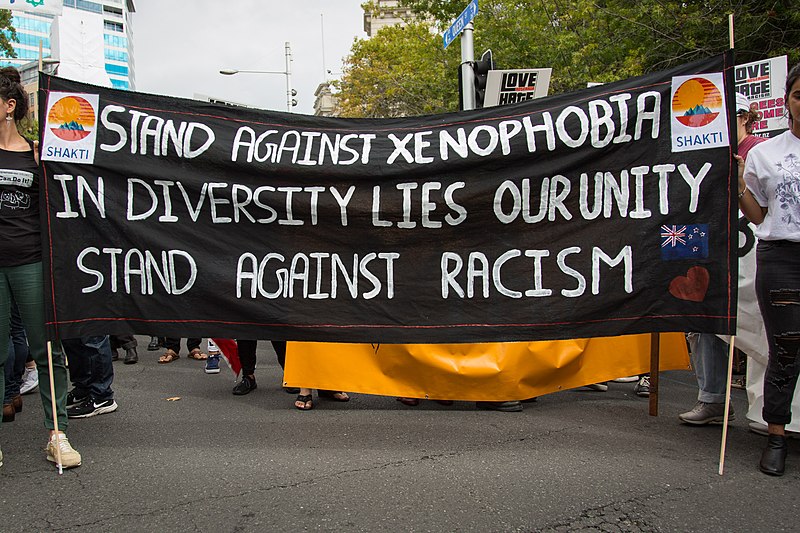Professor Convicted For Hiding Ties To China
A University Professor was convicted for breaking a Trump-era initiative enacted to combat national security threats from China.

University of Kansas professor, Feng Tao (also known as Franklin), has been convicted on 3 counts of wire fraud and one count of lying to federal prosecutors. He was arrested under the Trump-era China Initiative that was created to combat Chinese national security threats. While working for the midwestern university, Tao did not disclose that he was also working for a government-run Chinese university as well.
Many media outlets latched on to the story since his arrest back in 2019. Some have empathized with Tao and ran articles trying to sway public sentiment in his favor. In addition, plenty of new outlets decried the China Initiative as racist or xenophobic.

In truth, Chinese spies have been caught in connection with top democrat officials, and others have been convicted of infiltrating college campuses. California democrat house representative, Eric Salwell, had an alleged sexual relationship with a Chinese spy and was under scrutiny, but somehow never fully investigated. California democrat State Senator Diane Feinstein employed a Chinese spy in her own office, but charges were never filed against anyone involved. Then, there’s the case of former Harvard professor, Charles Lieber. He was a “strategic scientist” for China’s Wuhan Institute of technology while he worked for Harvard, and did not disclose this information when applying for and receiving $15 million in grants for research regarding the U.S. National Institutes of Health and the Defense Department.
These are huge national security threats. They are only a handful of the cases to come out of the China Initiative, but that policy was ended by the Biden administration. There is no question of whether or not Chinese spies have worked their way into multiple facets of American education and politics, and despite the rhetoric that this was all spearheaded by President Trump, concerns regarding spies, and Chinese spies have been causing leaders to seek action for decades.
President Clinton approved the Economic Espionage Act in 1996, because this was a growing issue even then. This was expressly written to prevent foreign governments and/or foreign agents from stealing information, trade secrets, or committing other intelligence offenses that would directly benefit foreign nations and make the US vulnerable. Spying is one of the most well-known historically enforced tactics that countries use against each other.

The American government has its own spies and has caught spies from other countries as well, so this recent conviction isn’t exclusive to China-US ties, but Chinese agents have been found and suspected on so many levels, at a time when China also potentially released a virus on purpose that led some American lawmakers to turn on their own oath to uphold the constitution in the name of public health. China has no doubt benefitted from Biden’s election, the results are still being contested, and trade relations are fragile as many US corporations utilize Chinese slave labor to cut costs regardless of human rights offenses.
Feng Tao’s conviction is yet another example of complex US/China relations. Trust is down, but relations are encouraged by the current administration. Tao faces up to 30 years in prison and hundreds of thousands of dollars in fines, but his sentencing is likely to fall prey to party politics since China has been a topic of contention for the mainstream media, Democrat officials in power, and the universities embarrassed by these sorts of cases.



